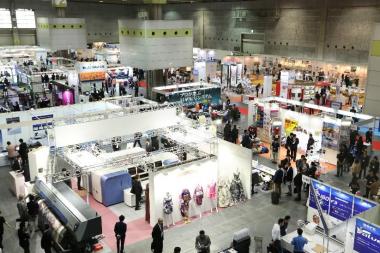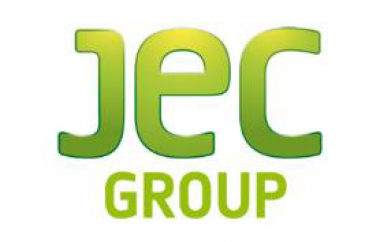adidas with robust growth in the third quarter
- Currency-neutral sales up 4%, reflecting continued double-digit growth outside Greater China
- Gross margin down 1.0pp to 49.1% as price increases were more than offset by increased supply chain costs, higher discounting, and an unfavorable market mix
- Operating profit of € 564 million reflecting an operating margin of 8.8%
- Net income from continuing operations of € 66 million negatively impacted by several one-off costs totaling almost € 300 million as well as extraordinary tax effects in Q3
“The market environment shifted at the beginning of September as consumer demand in Western markets slowed and traffic trends in Greater China further deteriorated. As a result, we saw a significant inventory buildup across the industry, leading to higher promotional activity during the remainder of the year which will increasingly weigh on our earnings,” said adidas CFO Harm Ohlmeyer. “We are encouraged by the enthusiasm for the upcoming FIFA World Cup which is already noticeable in our Football revenue growth. And in North America we are gearing up for an exciting upcoming basketball launch.”
In the third quarter, adidas’ currency-neutral revenues increased 4%. While the company experienced high-single-digit top-line growth during the first two months of the period, deteriorating traffic trends in Greater China as well as slowing consumer demand in major Western markets weighed on the revenue development in September. In addition, the company’s decision to suspend its own operations in Russia at the end of Q1 significantly reduced revenues by more than € 100 million during the third quarter, particularly impacting the company’s direct-to-consumer (DTC) business. In euro terms, the company’s revenues grew 11% to € 6.408 billion in the third quarter (2021: € 5.752 billion).
From a category perspective, revenue growth was the highest in adidas’ strategic growth categories Football and Running, both growing at strong double-digit rates. In Football, the jersey launches ahead of the FIFA World Cup 2022 fueled consumer excitement prior to the tournament. Revenues in Running were driven by the latest iterations of adidas’ successful running franchises, including Adizero and Supernova, which both grew more than 50% during the quarter. On the Lifestyle side, the further scaling of the successful Forum and Ozweego franchises led to strong double-digit growth for both product families. At the same time, additional highly limited drops as part of the Gucci and Balenciaga partnerships continued to spark excitement around the adidas brand.
From a regional perspective, revenue growth was driven by the company’s Western markets and APAC, which combined continued to grow at a double-digit rate (+12%). In EMEA, revenues grew 7% despite the loss of revenue in Russia/CIS of more than € 100 million. Revenues in North America increased 8% during the quarter driven by a double-digit increase in the company’s DTC channel. In APAC and Latin America, revenue growth accelerated compared to Q2, reaching 15% and 51% respectively, year-on-year. In contrast, the company’s top-line development in Greater China continues to be severely impacted by the challenging market environment, mainly related to the ongoing covid-19-related restrictions. While the company’s own retail revenues in Greater China increased 7% in the third quarter reflecting a robust sell-out, the significant product takebacks reduced the company’s sell-in and resulted in a revenue decline of 27% for the market as a whole during the three-month period.
Strong bottom-line improvement in 2023
In 2023, the company expects the non-recurrence of the one-off costs of around € 500 million occurred in 2022 to have a positive impact on the net income development in the same magnitude. In addition, in light of the challenging market environment, adidas established a business improvement program to safeguard the company’s profitability in 2023. As part of this program the company has launched several initiatives to mitigate the significant cost increases resulting from the inflationary pressure across the company’s value chain as well as unfavorable currency movements. In total, the program, which will result in one-off costs of around € 50 million in the fourth quarter of 2022, is expected to compensate cost headwinds of up to € 500 million in 2023. In addition, it is expected to deliver a positive profit contribution of around € 200 million next year.
































